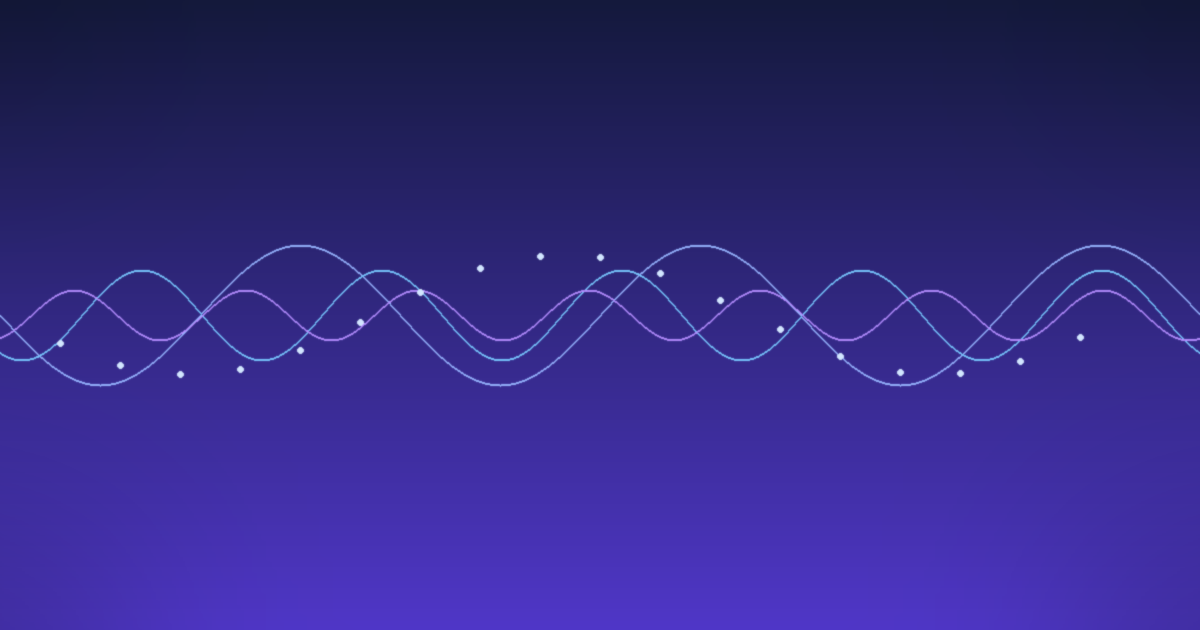Quantum computing and AI in 2025 are together shaping the next technological revolution. While artificial intelligence helps systems learn and reason, quantum computing provides the raw computational power to solve problems once thought impossible. The convergence of these two domains is transforming industries such as healthcare, finance, cybersecurity, and climate science. Understanding how quantum computing and AI complement each other is essential for predicting the innovations that lie ahead.
What Is Quantum Computing?
Quantum computing is a new paradigm that uses the principles of quantum mechanics to perform complex calculations at incredible speeds. Instead of using bits that exist as 0 or 1, quantum computers use qubits that can exist in multiple states simultaneously. This property, called superposition, allows quantum systems to process vast amounts of data in parallel, giving them exponential advantages over classical machines.
How Quantum Computing Enhances AI
Quantum computing and AI together promise to accelerate model training and decision-making. Current AI systems require enormous computing power to process high-dimensional data. Quantum algorithms, such as quantum machine learning (QML), can significantly reduce training time by evaluating multiple possibilities simultaneously. This means that tasks like image recognition, natural language processing, and molecular simulations will become faster and more accurate.
Real-World Applications in 2025
- Healthcare: Quantum computing and AI will analyze genetic data to design personalized medicines.
- Finance: Quantum algorithms will optimize trading strategies and manage portfolio risks in real time.
- Cybersecurity: Quantum encryption will secure data transmission against even the most advanced attacks.
- Climate Science: Quantum simulations will help predict environmental patterns and model global warming scenarios.
- Manufacturing: AI-driven quantum models will optimize production lines for efficiency and minimal waste.
Benefits of Quantum Computing and AI Integration
- Speed: Quantum algorithms can process massive datasets exponentially faster.
- Accuracy: AI models enhanced by quantum systems can reduce errors in predictions.
- Optimization: Businesses can simulate millions of outcomes simultaneously for better decision-making.
- Innovation: The synergy between quantum computing and AI opens new frontiers in materials, robotics, and automation.
Challenges to Overcome
Despite their potential, quantum computing and AI still face several hurdles. Quantum computers remain extremely expensive and difficult to maintain due to the need for near-zero temperature environments. Developing quantum algorithms that outperform classical systems is also a significant challenge. Moreover, ethical concerns around AI bias and the potential misuse of quantum-enhanced systems must be addressed through regulation and transparency.
The Future of Quantum Computing and AI
By 2025 and beyond, hybrid architectures combining classical, quantum, and AI systems will become mainstream. Tech giants are already investing heavily in quantum processors integrated with AI frameworks. In the next decade, developers will have access to cloud-based quantum computing platforms to train models and simulate scenarios once deemed impossible. As algorithms evolve, quantum computing and AI will jointly redefine automation, creativity, and problem-solving.
Conclusion
Quantum computing and AI in 2025 represent the most transformative partnership in modern technology. Their integration will not only accelerate innovation but also reshape entire industries. From faster scientific discoveries to smarter cities, the fusion of quantum computing and AI will push the boundaries of what humanity can achieve. The future belongs to those who learn to harness this power responsibly.
